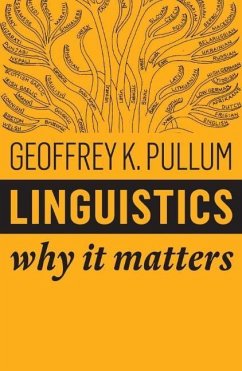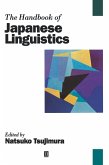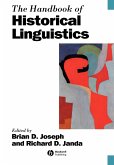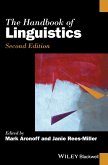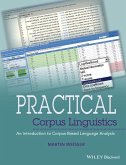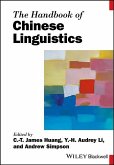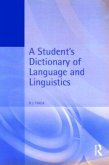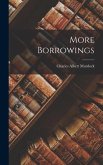Language is the medium in which we humans compose our thoughts, explain our thinking, construct our arguments, and create works of literature. Without language, societies as complex as ours could not exist. Geoffrey Pullum offers a stimulating introduction to the many ways in which linguistics, as the scientific study of language, matters. With its close relationships to psychology, education, philosophy, and computer science, the subject has a compelling human story to tell about the ways in which different societies see and describe the world, and its far-reaching applications range from law to medicine and from developmental psychology to artificial intelligence. Introducing Polity's Why It Matters series: In these short and lively books, world-leading thinkers make the case for the importance of their subjects and aim to inspire a new generation of students.
Hinweis: Dieser Artikel kann nur an eine deutsche Lieferadresse ausgeliefert werden.
Hinweis: Dieser Artikel kann nur an eine deutsche Lieferadresse ausgeliefert werden.

